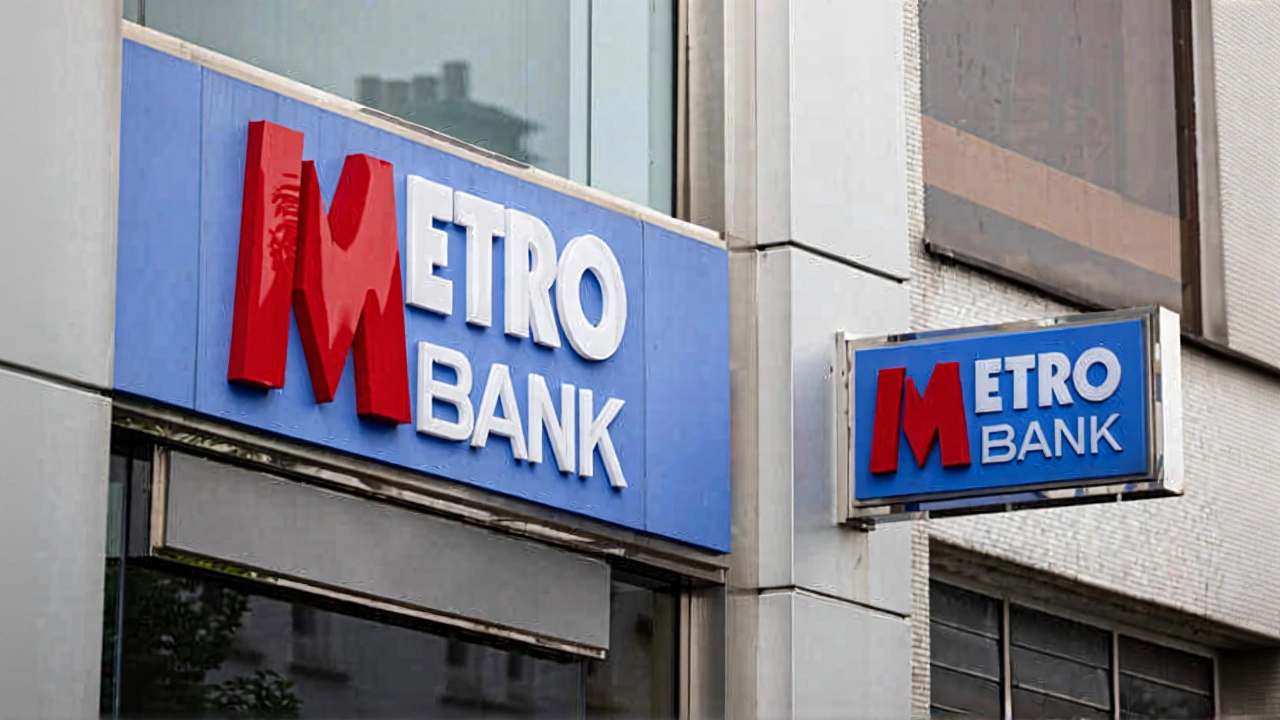UK Banking: How It Shapes Money, Policy, and Everyday Life
When talking about UK banking, the network of banks, building societies, and financial services that operate under British law. Also known as British banking, it influences everything from your paycheck to the price of a house. In plain terms, the system handles deposits, loans, and the flow of cash between people and businesses. It’s the engine that powers everyday transactions, and it’s tightly linked to the wider economy.
One of the most visible players is the Bank of England, the UK’s central bank that sets interest rates and oversees monetary stability. The Bank of England decides the base rate, which in turn steers how costly mortgages and credit cards become. That’s why a change in the base rate can ripple through your monthly budget, whether you’re buying a home or just paying for a coffee.
Alongside the central bank, financial regulation, the set of rules that keep banks safe and protect consumers acts as the safety net. Regulations like the Senior Managers and Certification Regime or the Mortgage Conduct of Business rules make sure banks treat customers fairly and keep enough capital to survive shocks. In short, regulation is the guardrail that keeps the whole system from veering off track.
What most people interact with daily are digital payments, online or mobile methods that move money instantly, from apps to contact‑less cards. These tools rely on fast, secure networks and on the trust built by regulation. When you tap your phone at a shop or split a bill in a group chat, you’re using technology that the banking sector has integrated over the past decade. The rise of digital wallets has also opened doors for new players, from fintech startups to global payment platforms.
Another cornerstone is mortgage lending, the process banks use to finance home purchases, often over 25‑30 years. Mortgage rates are directly tied to the base rate set by the Bank of England, and they’re heavily influenced by regulatory standards that protect borrowers. When the market shifts—say, because of a new immigration policy or a change in employment patterns—mortgage demand can swing dramatically, affecting both house prices and the health of banks’ loan books.
All these pieces interlock with broader social trends. The recent UK immigration plan, for example, aims to cut visa numbers and tighten salary thresholds. Fewer visas can mean lower demand for short‑term loans and fewer new customers for banks, while higher salary thresholds might push more high‑earners into premium banking products. Similarly, the surge in online betting and lottery schemes creates new payment flows that banks must monitor for compliance and fraud prevention.
Technology is also reshaping the landscape. AI‑driven tools like Google’s Gemini image editor are opening up subscription models that rely on seamless card payments, pushing banks to support smoother, more secure transaction experiences. At the same time, the growth of streaming platforms for pay‑per‑view boxing shows highlights how entertainment and finance intersect: fans need reliable, instant payment options to catch live fights.
UK banking sits at the crossroads of policy, technology, and everyday spending. Below you’ll find a curated mix of articles that touch on everything from immigration reforms and betting partnerships to AI innovations and sports events—all of which ripple through the banking system in one way or another. Dive in to see how the broader world influences your money and how the banking sector adapts to keep things moving.
 7 Oct 2025
7 Oct 2025
Metro Bank's digital payment outage in early October 2025 delayed salaries and bill payments across the UK, prompting manual fixes and regulator scrutiny.
View More
